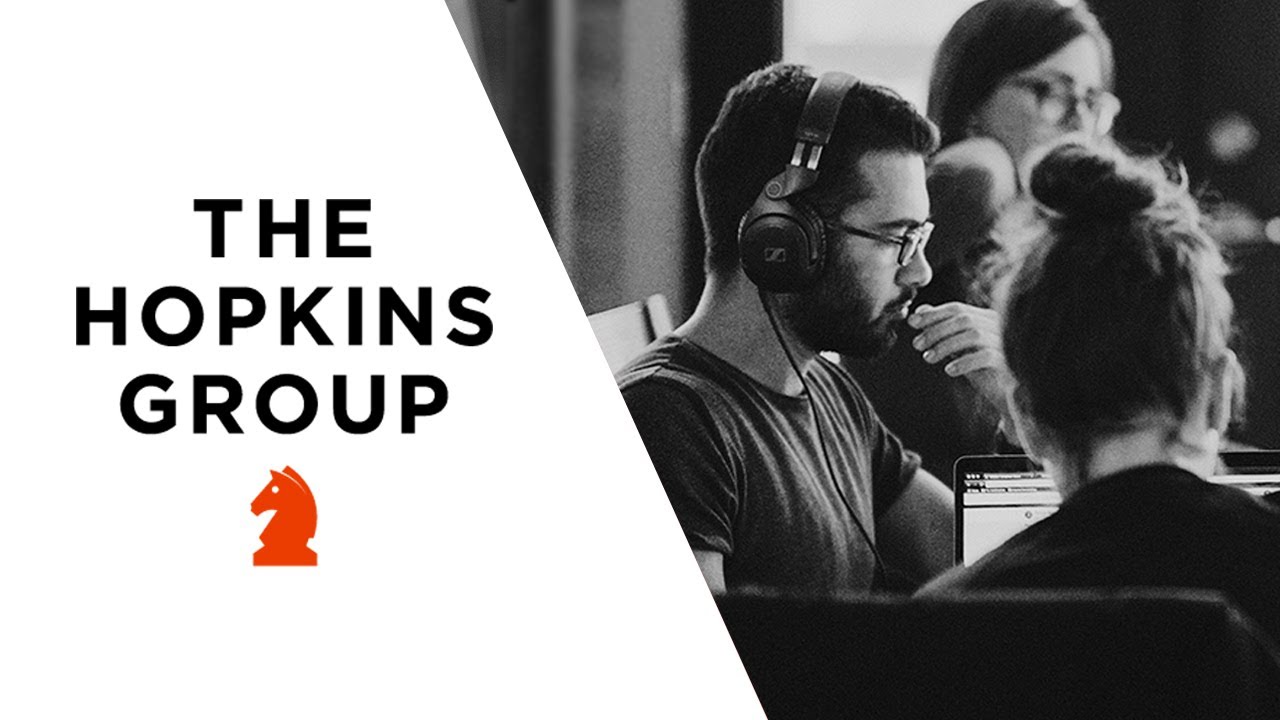Exchange Traded Funds (ETFs) have grown in popularity since they first listed on the ASX in 2001. Yet, while the assets under management in ETFs has grown to over $60bn in the last 19 years, this still only represents 2.5% of the entire $1.6trn asset management industry.
The popularity of ETFs is a result of two main factors; the benefits they bring to investors, and the relative underperformance of most fund managers over the long term.
What are the benefits of Exchange Traded Funds?
The key benefits of ETFs are:
- They’re low cost,
- They’re tax effective,
- They can diversify your portfolio in single trade, and
- They offer flexibility – i.e. they can be long term buy and hold or offer trading exposure
What are some examples of ETFs in the market?
Traditional ETFs track stock market indices such as S&P500 (which brings together the 500 largest listed US companies), NASDAQ (US Technology companies) or the ASX 200 (Australia’s largest 200 listed companies).
These ETFs hold the same percentage of stocks as they represent in the index. For example, if CBA is 10% of the index, the ETF will hold 10% of your money in CBA. If BHP is 8% it will hold 8% in the ETF and so on.
With the popularity of ETFs, you have seen more ETFs added to the exchange which provides investors the opportunity to expose their portfolios to specific investment options. For example, one way to gain gold exposure is to buy a basket of global gold mining companies in one trade under the ASX code GDX.
Why would you consider investing in ETFs?
ETF providers have been innovative in their development to encroach on active managers ‘space’ with funds designed to capture ‘alpha’; with alpha being the return you receive above the index. They can do this by ranking the holdings according to ‘factors’ such as quality, value and income.
Using quality as an example, historical investment research highlights that companies showing quality characteristics, as defined by three factors have outperformed over the long term. These are:
- High return on equity
- Stable year on year earnings growth
- Low financial leverage
These strategies have traditionally been exclusive to ‘active’ investment managers which have previously charged high fees to access. These ETFs provide exposure to ‘active’ style investment management at a lower cost.
Another area where ETFs have benefited investors is by providing exposure to investment themes that have traditionally been hard to access or single out as a trading theme.
For example, there are ETFs that can provide exposure to companies listed in individual countries which have traditionally been hard to access such as China, South Korea and India.
There are also themes within countries such China New Technologies, which invests in healthcare, technology, consumer staples and discretionary stocks in China. The theory behind this exposure is to benefit from the growing wealth of the Chinese middle class, a trend which is expected to be ongoing for many years as the Chinese economy prospers.
Further focused exposures include global healthcare, oil, food, cybersecurity, and banks. These ETFs allow you to trade your view and hopefully achieve higher returns than having a broad base exposure to the overall market.
Another investment theme that is continuing to attract consistent investor interest is ethical and sustainable investing. ETFs are a great way to expose your portfolio to this theme as they are low cost where funds have traditionally been high cost for retail investors.
These ETFs provide a basket of ethical and sustainable exposures in both Australia and globally. The ethical standards are clearly outlined by the ETF provider and you can rest assured these standards will be followed closely. If you believe companies that meet the ethical or sustainable criteria will perform better than companies that do not meet the criteria, this can be a good way to achieve returns higher than the traditional market cap weighted indices.
Where to learn more about ETFs
I have completed a two part podcast with VanEck Exchange Traded Funds talking in depth about why ETFs benefit investors and how their ETFs might provide returns that are different to the index. We also delve into six of their funds which I think will benefit investors and two that VanEck highlight as worthy of consideration. You can subscribe to the Talk Investment with Mark Wenzel podcast on your favourite platform or listen here.
Otherwise, if you would like to discuss ETFs and whether they will benefit your portfolio, please contact The Hopkins Group to speak with a financial adviser today!





